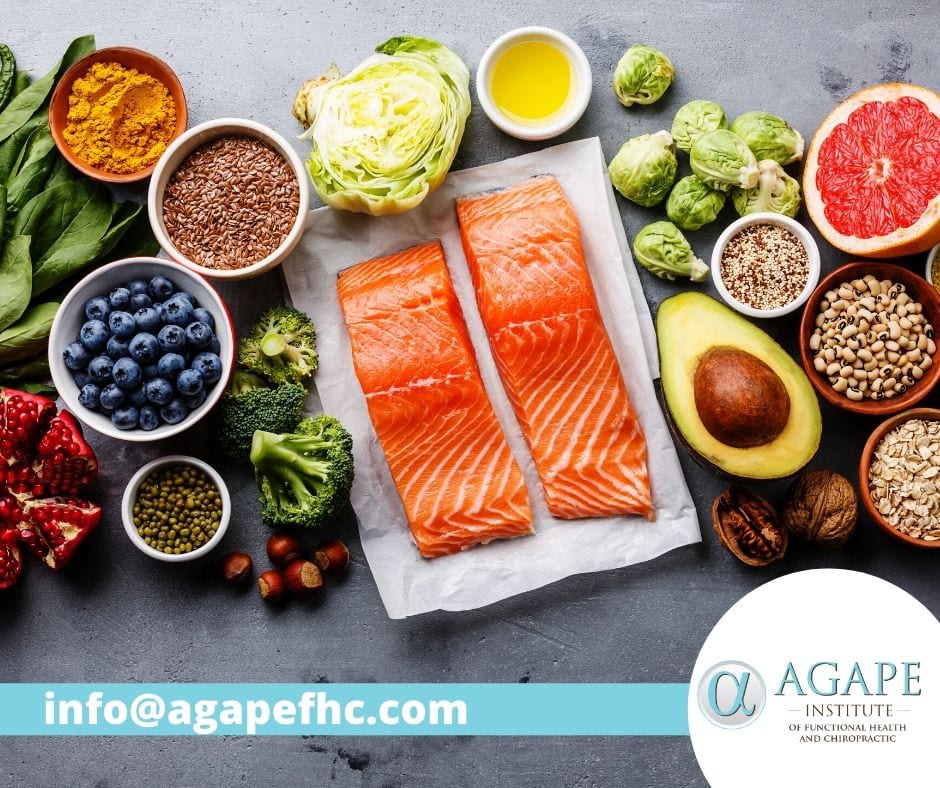If you need to go on an anti-inflammatory diet, there are some foods you should definitely stay away from.
If you need to go on an anti-inflammatory diet, there are some foods you should definitely stay away from.
In a nutshell, if there are foods that should be promoted in your nutrition program, the same goes for foods that must be avoided.
Indeed, when discovering that certain foods can cause inflammation, the first reaction is often that of a surprise. Yet, awareness is critical in any anti-inflammatory diet.
Let’s try to understand what is an inflammation and take a look at five foods, in particular, that are known to promote inflammation.

What is inflammation?
Fundamentally, inflammation is simply the body’s reaction to an unwanted stimulus.
It’s that simple.
Inflammation is your body’s reaction to injuries, irritations, or infections. In other words, it indicates that something in the body is not quite right. Think about inflammation as the body’s safety net.
Realistically, inflammation isn’t always a bad thing. With no inflammation ever taking place, the body can be lacking in immune surveillance and host-defense.
However, when inflammation becomes chronic it can promote and make worse certain diseases. Therefore, you do not want to sustain inflammation in your body.
The way to control and reduce inflammation in the most natural way possible is through food.
If some foods should be promoted in any diet; some foods that can cause inflammation must be avoided.
And, foods causing inflammation are more common than you would like to imagine.
As with nearly every ailment, inflammation is a combination of a bodily dysfunction and the brain. Through functional neurology, people suffering from inflammatory conditions can work towards a better understanding of this complex interaction.
Now, that we have laid the groundwork for understanding inflammation, let’s check which food would sustain it.
What Foods Should You Avoid in Your Anti-Inflammatory Diet?
As mentioned, foods that can cause inflammation are very common. These types of foods can be found in nearly every modern diet.
Please understand, not all diets or nutrition programs are good if you suffer from inflammation.
If you’re looking to reduce bodily inflammation, consider avoiding these foods:
1- Foods High in Sugar and High-Fructose Corn Syrup
Ultimately, any food with added sugar such as table sugar or high fructose corn syrup can be harmful. Studies have shown that foods high in these added sugars increase inflammation.
Plus, eating large amounts of sugar has been proven to lead to obesity, diabetes, cancer, and more. This is all in relation to the inflammation and negative effects on the body.
Candy, chocolate, sodas, cookies, cakes, and sweet pastries are a few examples of foods to avoid.
But, you knew that, right?
Most people ask if sodas can be replaced by fruit juice because fruit juice concentrates more fructose.
How about fructose?
Fructose that you ingest in fruit juice available in your nearby store has usually higher levels of uric acid.
Why is that bad?
Uric acid drives inflammation and can ultimately cause chronic disease.
2- Vegetable and Seed Oils
Over the last few years, some scientists have reported that different types of vegetable oils can be the cause of inflammation.
Specifically, this is due to the high omega-6 fatty acid levels.
As omega-3 is popularly believed to be beneficial, there is a balance to be had between omega-3 and omega-6.
If this balance isn’t kept, it can be bad news for your body.
Hence, if properly addressed, this balance can be maintained and you could still be healthy.
3- Refined Carbohydrates
Here it is, the terrible Carbs.
This is another food that should not be part of your anti-inflammatory diet.
Realistically, not all carbs are bad as popularly believed. Yet, refined carbs specifically have been proven to be the cause of inflammation.
Refined carbs are carbohydrates where most of the fiber has been removed from the product.
A study has shown that healthy, young men that consume higher levels of refined carbs are victim to higher blood sugar levels. In addition, researchers have noted more prominent levels in certain inflammatory markers.
Here, the foods to avoid would be some pasta, bread, candies, and processed foods with added sugars or flour.
4- Processed Meats
Processed meats have been proven to lead to an increased risk of heart disease, diabetes, and some forms of cancer.
Why? because they contain more advanced glycation end products (AGEs), these meats are known to cause inflammation.
Some of these processed meats to avoid include sausage, bacon, jerky, and other smoked meats.
5- Foods with Artificial Trans Fats
It’s true; artificial trans fats are really terrible.
Many kinds of margarine contain trans fats, allowing for a longer refrigerator or shelf life. And that alone is scary.
Studies have shown that trans fats could impair the activity of cells lining the arteries, increasing the risk of heart disease.
Plus, it has been proven to lower HDL cholesterol, which is generally believed to be a positive form of cholesterol in the body.
Some examples of these foods include french fries, microwave popcorn, packages cakes, and some pastries.
After Recognizing the Problem, What Can I Do Next?
As we learn more about foods that can cause inflammation, we learn more about how balance is essential to every anti-inflammatory diet.
Additionally, we continue to learn how the diet affects both the body and the brain in daily life.
The foods that can cause inflammation being addressed, now you’re ready to go, right?
Nope, wrong.
It can take a lot of experience and discipline to stay away from naturally inflammatory foods.
Even though staying away from inflammatory food is not the end of the world, it can be very tricky especially in our modern lives.
Yet, if done properly, it can make a huge impact on an individual in a relatively short time frame.
If you’re interested in learning more about an anti-inflammatory diet, connect with our team today.